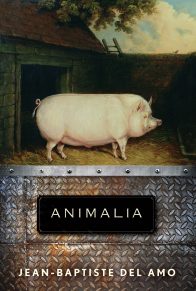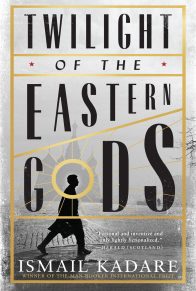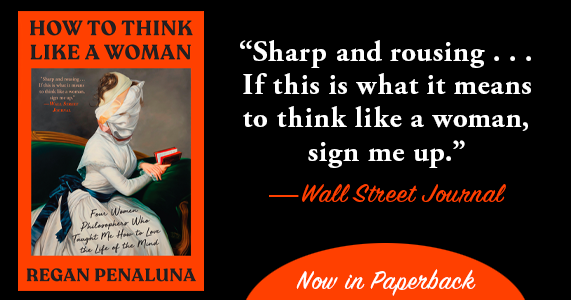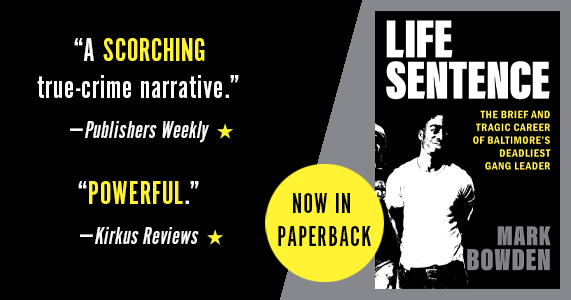It seemed the most ordinary kind of incident. A taxi had veered off the airport autobahn at kilometre marker 17. Its two passengers were killed outright, and the driver, seriously injured, was taken to hospital unconscious.
The police recorded the usual facts in such cases: the names of the victims (a man and a young woman, both Albanian citizens), the registration number of the cab, the name of the Austrian driver and the circumstances, or rather their total ignorance of the circumstances, in which the accident had occurred. There were no signs that the taxi had braked or been hit from any direction. The moving car had slid to the side of the road and somersaulted into a gully, as if the driver had suddenly lost his sight.
A Dutch couple whose car was behind the taxi reported that for no obvious reason the car had suddenly left the carriageway and struck the crash barrier. The terrified pair, if they were not mistaken, had seen the taxi’s back doors open as it spun through the air, throwing out the two passengers, a man and a woman.
Another witness, the driver of a Euromobil truck, said more or less the same thing.
A second report, compiled one week later in the hospital after the driver had regained consciousness, only confused the story further. The driver admitted that nothing unusual had happened just before the accident, except that perhaps ” in the rear-view mirror ” maybe something had distracted him ” At this point the policeman lost his patience.
What had he seen in the mirror? The driver could give no answer to the policeman’s persistent questioning. The doctor warned him not to tire his patient, but he pressed his point. What was it that he had seen in the mirror above the steering wheel? In other words, what strange thing had happened on the back seat of his cab? Had there been a fight between the two passengers? Or was it the opposite, maybe, a particularly passionate embrace?
The injured driver shook his head. No.
“Then what?” The policeman almost shrieked. “What made you lose your head? What the hell did you see?”
The doctor was about to step in again when the patient resumed his feeble drawl. His reply seemed interminable, and when he finished, the policeman and the doctor stared at each other. The injured driver said that the two passengers on the back seat had done nothing . . . nothing but . . . only . . . they had tried . . . to kiss.
2
The driver’s evidence was not believed. He was considered to have suffered psychological trauma, and the file on the accident at kilometre marker 17 was closed. The reason for this was simple: whatever the driver’s explanation for what he saw or thought he saw in the mirror, it did not change the crux of the matter, that the taxi had overturned as a consequence of something that had happened in his brain, an absence of mind, hallucination or blackout, which it was difficult to believe had had anything to do with his passengers.
As usual, other information surfaced when their names were disclosed. The man, an analyst working for the Council of Europe on western Balkan affairs; the beautiful young woman, an intern at the Archaeological Institute of Vienna. Clearly lovers. The cab had been ordered from the reception of the Miramax Hotel, where the two had stayed for the whole weekend. A technical inspection of the vehicle reported no signs of tampering.
The policeman, in a last effort to flush out any contradictions in the taxi driver’s story, asked a trick question. “What happened to the passengers when the car hit the ground?” The driver’s reply, that he alone had hit the ground in the car and that the couple were already separated from him in mid-air, showed he was not lying about what he had seen, or thought he had seen.
Although initially routine, the case, because of the taxi driver’s strange testimony, was filed away as an “unclassifiable accident.”
This was why, several months later, a copy of the file reached the European Road Safety Institute and was passed to the fourth section, which dealt with unusual accidents.
Although the description “unusual” implied that only a handful of such accidents occurred, compared to the common sort caused by bad weather, speeding, exhaustion, drink, drugs and so forth, there was still an astonishing variety of “unclassifiable accidents.” The files recorded the most extraordinary incidents, from murderous assaults or vandalised brakes to sudden apparitions that blinded the driver.
Some of them, the most mysterious of all, involved the inside rear-view mirror. These formed a sub-section of their own. Seen in a mirror, only something especially hair-raising could cause an accident. In the case of taxis, the most frequent examples involved passengers threatening the driver with a weapon. There were also many cases of sudden illness: strokes, explosive vomiting of blood, insane fits accompanied by screaming. Sudden fights between passengers, and even knife attacks, were hardly exceptional, but they sometimes distracted inexperienced drivers. Less common were incidents in which one passenger, usually a woman who had climbed into the taxi a few minutes earlier clinging devotedly to her lover, suddenly screamed that she was being abducted and attempted to grab the door handle to leap out. There were even some instances, although they could be counted on the fingers of one hand, in which the driver recognised a passenger as his first love or a wife who had left him.
Explanations were found for most of these initially mysterious cases, but this did not at all mean that everything reflected in rear-view mirrors could be accounted for.
Besides hallucinations, there were cases involving something similar: drivers who were hypnotised by their passenger’s eyes, suddenly intoxicated by an enticing glance from a beautiful woman on the back seat or, again the opposite, shaken by a stare from a void that devoured them like a black hole.
What the taxi driver testified to following the accident at kilometre marker 17 on the airport road, although too ordinary to be called a mirage or hallucination, defied all logical explanation. His two passengers’ attempt to kiss, which the driver said had caused his confusion and, as a result, both their deaths, was a mystery that deepened the more one struggled to understand it.
The analysts dealing with the accident shook their heads, frowned, smiled cynically and then grew irritated as they went back to the beginning again.
“What does it mean? ‘They were trying to kiss.’” It was an unnatural way of putting it, in fact illogical. You could imagine that one of them wanted to kiss the other, while the other refused, or that one of them was nervous, or both were nervous, or that both were scared of a third person, and so on. But it made no sense that two people in a taxi, with only the driver present, were “trying to kiss.” Sie versuchten gerade, sich zu küssen, as the police report stated. Obvious questions arose. They had just left a hotel where they had spent the night, so why were they “trying to kiss?” In other words, if they wanted to kiss, why didn’t they just do it, instead of prevaricating? What was stopping them?
The more you tried to unravel it, the more inextricable it became. Supposing there had been some obstacle between the two passengers which prevented them from coming close—why had this so distracted the driver? Hadn’t he carried plenty of passengers who had kissed, or even made love, right there on the back seat? And how had he noticed such a subtle nuance as this attempt to kiss, or rather a desire to kiss, accompanied by an unseen impediment that prevented it?
The frustrated analysts recalled the saying that a fool may throw a stone into a well which a hundred wise men cannot pull out, and noted in the margin that unless it was the old excuse of a driver recognising a passenger as his former wife or lover, which young taxi drivers often produced, having heard it passed down by older colleagues, this must be a genuinely psychotic case and not worth the trouble of dealing with.
Meanwhile, any connection between the driver and the woman in his cab, an Albanian citizen, was ruled out, and a medical report described his psychological condition as entirely normal.















